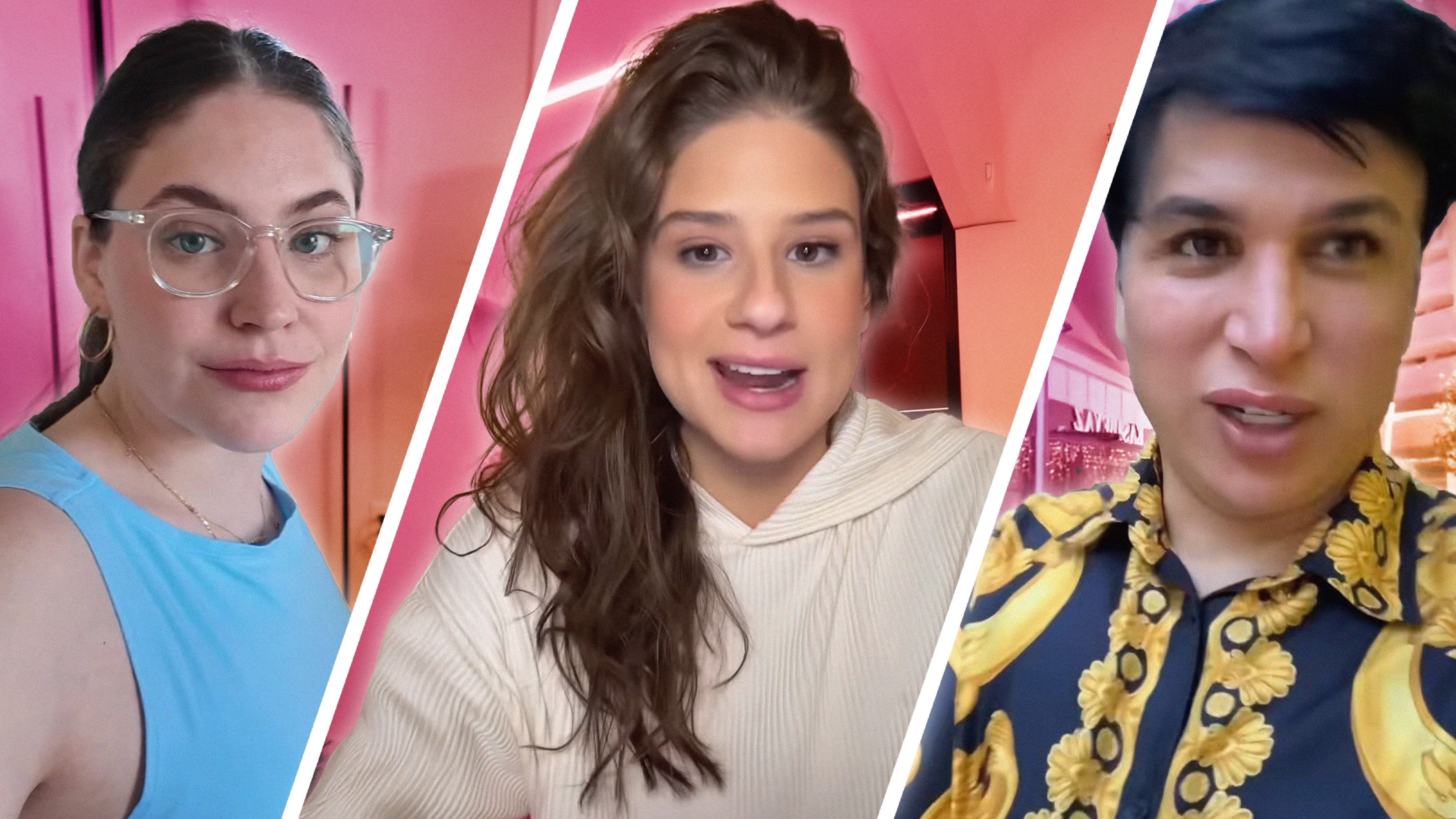
Initially, Gigi Robinson didn’t plan to post about her chronic illness. Her TikTok account, which has 152,000 subscribers, was previously full of your run-of-the-mill fashion, lifestyle, and artistic content. But when she decided to be more open about her health struggles, everything changed.
“I was creating content as a brand ambassador for brands like TikTok, Tinder, Abercrombie, Timberland, Smashbox, and more,” she tells Passionfruit. “I was balancing a heavy creative course load, internships at Warner Bros, Paramount and USC, and managing chronic pain, fatigue and migraines from EDS [Ehlers-Danlos syndrome] and what I would later learn was endometriosis.”
As a result, Robinson was constantly in and out of doctor’s appointments and hospital visits, until, she says, “I just… made the switch.
Robinson began posting more “raw, unedited videos” and writing posts on a range of social media platforms about her health struggles. “I hit publish without overthinking and the response was overwhelmingly great,” she says. “It was the first time I truly saw the power of being honest about the hard stuff.”
Changing one’s niche as a creator might be daunting, but it’s sometimes necessary, especially when a major life event occurs. As Robinson demonstrates, making these changes can help realign your content with your values, allowing your true self to shine. But nobody said it was easy.
Take, for example, Naoufal Moussa, previously known as Sofia Taloni. The Moroccan influencer, who has 1 million TikTok followers, built his profile around the fact that he was a transgender woman, but audiences were in for a shock when he detransitioned.
With short hair, a flat chest, and a lower baritone voice, he said in a press conference, “I’ve already had my breasts removed. I want to be a good example for others. I’m ready to offer free help to Moroccan transgender people who, like me, want to become men again.”
Since the detransition, Moussa’s content seismically shifted. While he previously shared lustful, provocative videos as a trans woman, he now seems to be primarily using the account to promote his plastic surgery clinic.
At the time of his detransition, Moussa had, according to The Washington Post, around 800,000 TikTok followers. Since then, his follower count has increased to 1 million. The majority of comments refer to the clinic — it’s as if his time as Sofia Taloni never existed.
But other TikTokers have had a different experience when changing their niche.
Remi Bader rose to fame as a plus-sized influencer and model. She was best known for her “realistic haul” videos, which featured her trying on clothes from mainstream clothing brands to demonstrate how they don’t make clothes with larger bodies in mind.
However, after losing weight, she suddenly started posting workout videos, repositioning herself as a health and fitness creator.
As a result, Bader found that the same people who were championing her before had suddenly turned against her. She eventually admitted to having weight loss surgery, but the backlash continued.
“She has truly never cared about actual plus-size people or the plus-size community,” one commenter claimed. “She didn’t want to actually be associated with us.”
Another said: “She’s always been a grifter.” While a third quipped: “She HAS always been an advocate… for herself.”
In a lengthy Instagram post, Bader said: “I hide a lot of my comments on here for my own mental health. Words like ‘fat’ ‘whale’ ‘obese’ ‘skinny’ ‘tiny’ to name a few.”
“But of course I still see them and it’s hard to see the constant conversation about my body on this app, because I also wonder, why does that need to be the most important thing about me?”
Bader’s experience underscores the potential pitfalls when a creator’s evolution clashes with audience expectations and established niches. By contrast, being authentic has definitely paid off for Robinson. Since opening up about her illnesses, she’s attended events at the White House, written a book, and has spoken at Vidcon, Advertising Week, Meta, Harvard, and Columbia.
“That decision to speak openly about my diagnosis didn’t just change my niche,” she tells us. “It changed my entire career path.”




